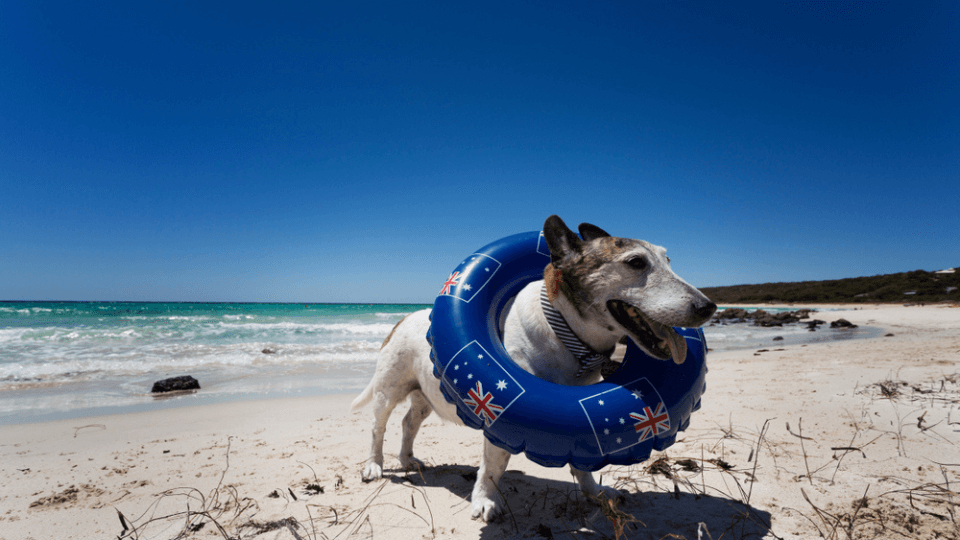
New rules on imported pet foods and state restrictions on the sales of animals by specialized retailers have entered into force ‘Down Under’. How’s the industry coping with it?
Australia, the most populous country in Oceania, recently approved new rules that regulate the pet business. Welfare claims and the high biosecurity risks of pet food coming from third countries are behind the new policies.
Extra measures
Since 31 October 2022, imports of fish derivatives of salmonid origin for use as pet food must be heated to a minimum of 85°C for 25 minutes or more. Similarly, pet food containing fish derivatives of non-salmonid origin should be heated to a minimum of 85°C for at least 15 minutes, according to authorities.
Additionally, the revision of Australia’s Biosecurity Act requires every consignment to be packed in clean and new packaging and be free of Biosecurity Risk Material (BRM) before arrival into Australian territory. Furthermore, importers and pet food retailers are no longer allowed to order unregulated pet food from overseas for delivery by mail.
Stricter conditions
The Australian Department of Agriculture, Fisheries and Forestry issued a notice that any pet food arriving in the country without complying with these new import conditions will be destroyed. The conditions include the requirement to provide relevant documentation within 14 days and for all ingredients in the product to be clearly specified on the label.
A spokesperson from the department told PETS International that unregulated animal-based pet food presents a “high biosecurity risk” due to the possible presence of pathogens. According to official figures, pet food without relevant documentation accounts for the largest proportion of animal products intercepted in the mail. “In 2021, these goods comprised 38% of the total animal products detected,” said the spokesperson.
Reduced risk of animal diseases
The Australian Veterinary Association (AVA) welcomes the new restrictions as a way of reducing the risk of disease among animals. “It’s excellent to see new biosecurity measures put in place to control the risk of disease,” stated Bronwyn Orr, President of the AVA. The association believes that all pets in the country should have access to safe, high-quality food and, if a problem arises, there should be a prompt and regulated recall and investigation.
How will it impact the industry?
The new regulations are not expected to impact on companies exporting pet food to Australia or on local retailers who comply with the country’s trade guidelines. The Australian government emphasizes that the import conditions themselves have not changed. The only thing that has changed is how goods that fail to meet the import conditions are dealt with.
According to Carolyn Macgill, Executive Manager at the Pet Food Industry Association Australia (PFIAA), the new rules are only aimed at tackling the biosecurity risks presented at the border. “Several of our members are engaged in cross-border trade and this change has not impacted their ability to import pet food,” she concluded.
More legislation
Elsewhere, authorities in Canberra recently tightened federal rules relating to the import of dogs and cats into the country. From 1 March 2023, only cats and dogs from approved countries are allowed in.
Additionally, last November, the Legislative Council in the state of New South Wales passed the Companion Animals Amendment (Puppy Farms) Bill, which seeks to regulate the conduct of businesses breeding companion animals. Some of the bill’s provisions include prohibiting owners from having more than 10 fertile female dogs or 10 fertile female cats, and banning the sale of pets that are not from welfare homes to retailers.
It also requires breeders to be registered and regularly inspected under the law to improve oversight and traceability of breeders. Responsible breeding association DOGS NSW warns that if this law is adopted, the price of puppies and kittens in the province could skyrocket. The bill must first be given the green light by the lower house before becoming law.
The latest articles

How pet parents will shop for their pets this Christmas
A new survey takes the pulse on holiday shopping trends in the UK, including popular categories and average spending.

General Mills’ pet portfolio posts negative performance
Both revenue and net sales dropped by 4% in the last quarter amid less demand.

Negotiations of new EU rules on sustainable packaging to kick off in 2024
The Council and the Parliament will start the legislative process to design regulations regarding the packaging and packaging waste proposal put forward by the European Commission last year.
Weekly newsletter to stay up-to-date
Discover what’s happening in the pet industry. Get the must-read stories and insights in your inbox.